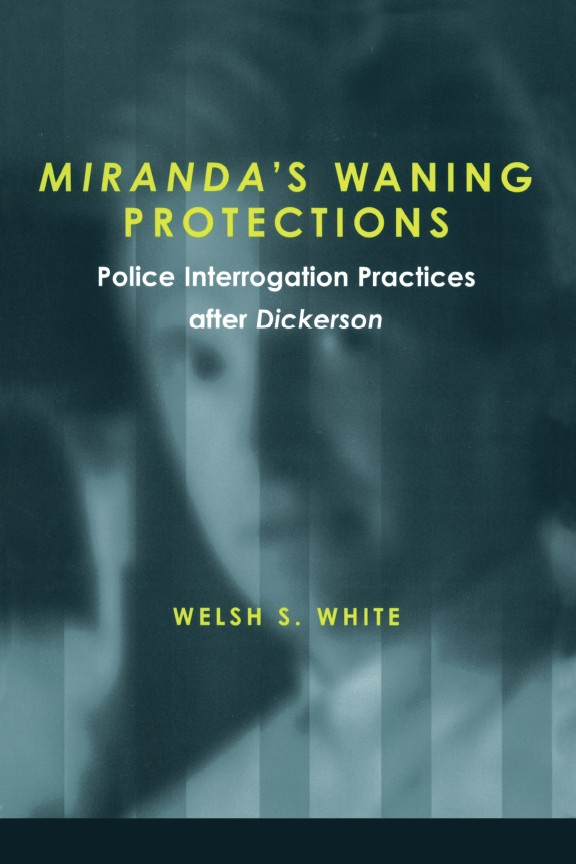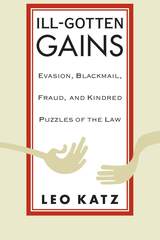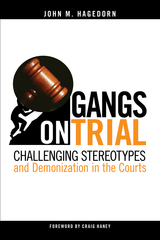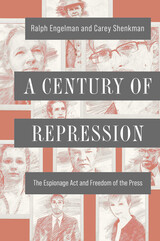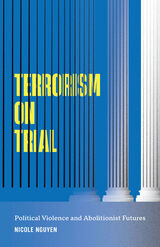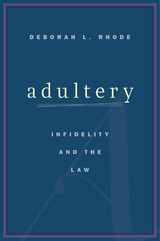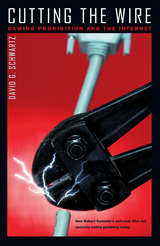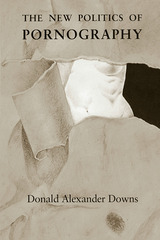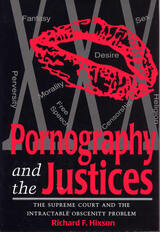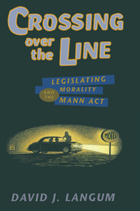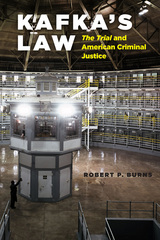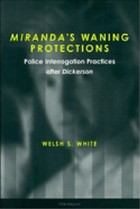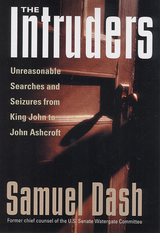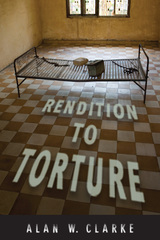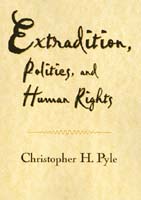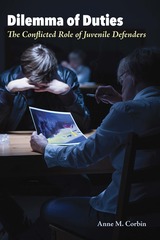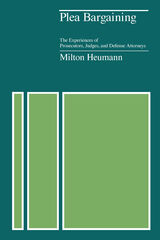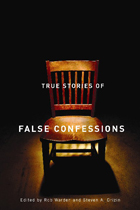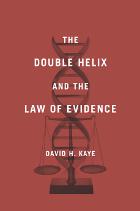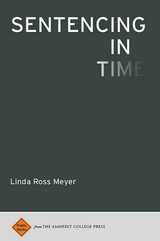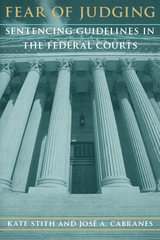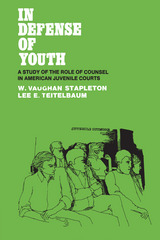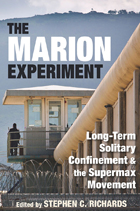Miranda's Waning Protections: Police Interrogation Practices after Dickerson
University of Michigan Press, 2003
Cloth: 978-0-472-11172-5 | Paper: 978-0-472-08941-3 | eISBN: 978-0-472-02606-7
Library of Congress Classification KF9625.W48 2001
Dewey Decimal Classification 345.73056
Cloth: 978-0-472-11172-5 | Paper: 978-0-472-08941-3 | eISBN: 978-0-472-02606-7
Library of Congress Classification KF9625.W48 2001
Dewey Decimal Classification 345.73056
ABOUT THIS BOOK | AUTHOR BIOGRAPHY | TOC | REQUEST ACCESSIBLE FILE
ABOUT THIS BOOK
Did the Supreme Court's upholding of Miranda in 2000 adversely impact law enforcement, as conservatives have complained, or was it a reaffirmation of individual rights?
Welsh S. White looks at both sides of the issue, emphasizing that Miranda represents just one stage in the Court's ongoing struggle to accommodate a fundamental conflict between law enforcement and civil liberties, and assessing whether the Court's present decisions (including Miranda) strike an appropriate balance between promoting law enforcement's interest in obtaining reliable evidence and the individual's interest in being protected from overreaching police practices.
Welsh S. White is Professor of Law, University of Pittsburgh School of Law. He is best known for his work on capital punishment and has published and lectured on the death penalty for the past twenty years.
Welsh S. White looks at both sides of the issue, emphasizing that Miranda represents just one stage in the Court's ongoing struggle to accommodate a fundamental conflict between law enforcement and civil liberties, and assessing whether the Court's present decisions (including Miranda) strike an appropriate balance between promoting law enforcement's interest in obtaining reliable evidence and the individual's interest in being protected from overreaching police practices.
Welsh S. White is Professor of Law, University of Pittsburgh School of Law. He is best known for his work on capital punishment and has published and lectured on the death penalty for the past twenty years.
See other books on: Criminal investigation | Law Enforcement | Police questioning | Right to counsel | White, Welsh S.
See other titles from University of Michigan Press
